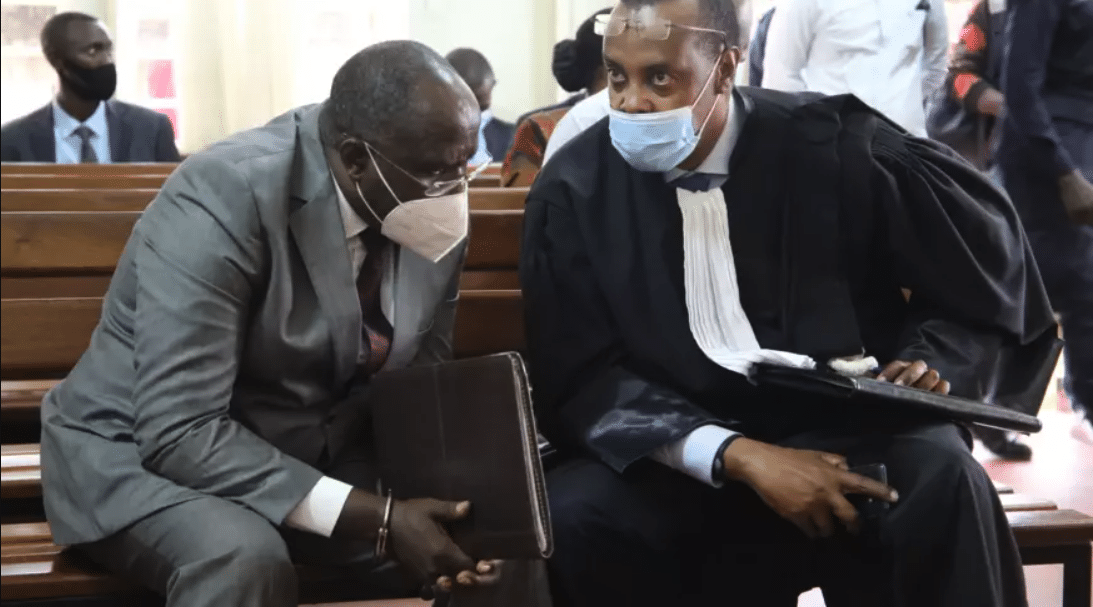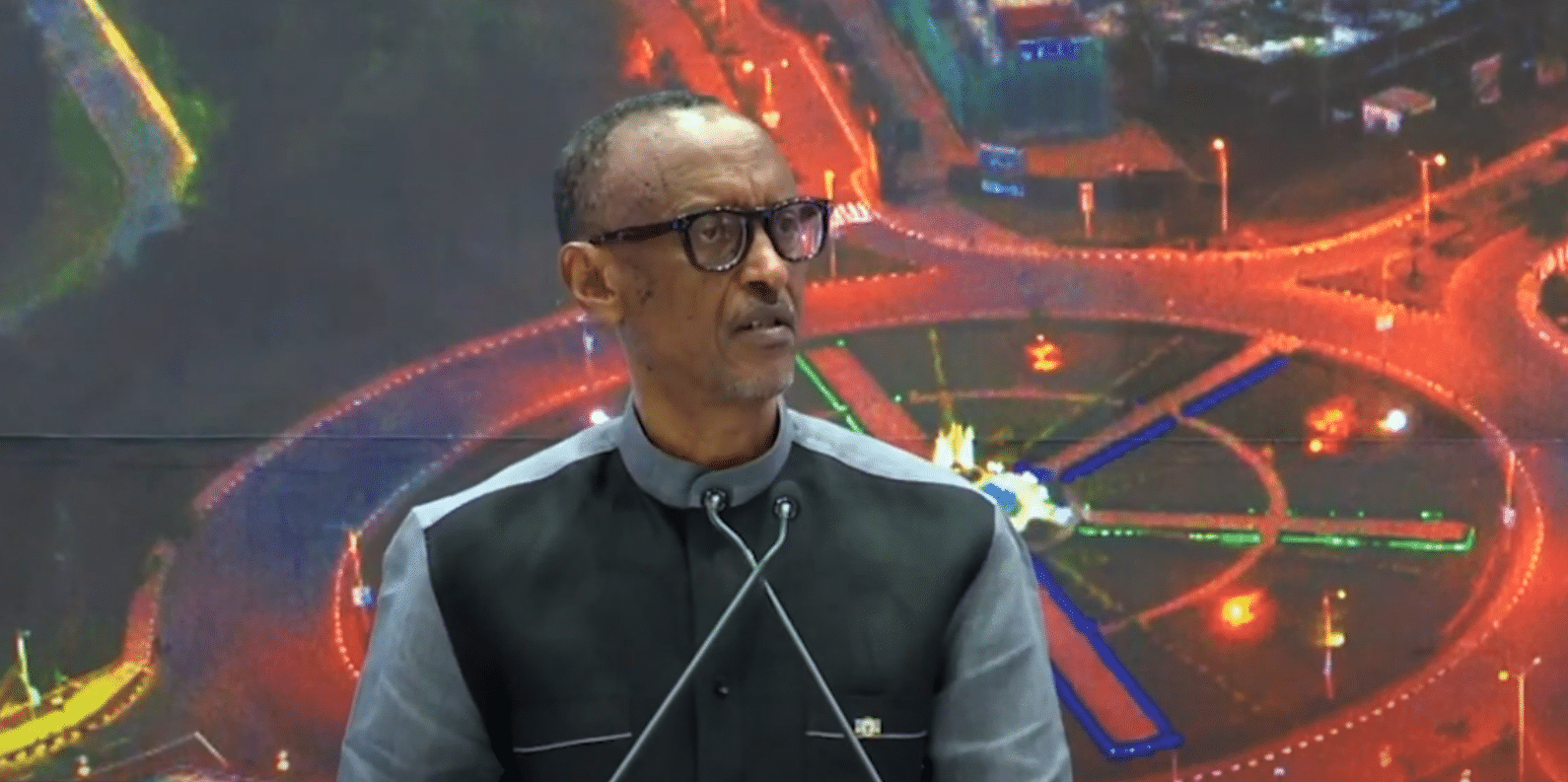Kigali – Rwandan election officials tallied votes on Friday from a presidential poll expected to hand strongman Paul Kagame a massive victory and third term at the helm of the east African nation.
“Kagame, Paul. Kagame, Paul,” read out election officials from the vast majority of ballots at one polling station as counting began after a peaceful day of voting across “the Land of a Thousand Hills.”
The electoral commission’s Charles Munyaneza said the process had seen “no major problems” and turnout had been good among the 6.9 million registered voters taking part in the third election since the end of the 1994 genocide.
Kagame, 59, is running against two little-known candidates seen as unlikely to pose any threat to his Rwandan Patriotic Front’s (RPF) control.
The lanky former guerilla fighter cast his ballot at a school in the capital just after midday, accompanied by his wife and four children as loudspeakers blared music urging citizens to vote.
Voters at the school praised Kagame for his leadership since his rebel army routed extremist Hutu forces who slaughtered an estimated 800 000 people – mainly minority Tutsis – and seized Kigali.
“He freed the country, he stabilised the country. Now we can walk anywhere day or night without problems,” said Jean Baptiste Rutayisire, a 54-year-old entrepreneur.
“He is an exceptional man. You don’t change a winning team.”
Like many other voters AFP spoke to, Rutayisire didn’t know the names of the other candidates, Frank Habineza of the Democratic Green Party – the only permitted critical opposition party – and independent candidate Philippe Mpayimana.
Despite facing an unwinnable battle against Kagame in which opponents had only three weeks to campaign, Habineza was upbeat after voting.
“For the first time since 23 years an opposition party has been in the ballot,” he told AFP by phone. Previously only independents and parties allied with Kagame fielded candidates.
Habineza complained that 100 of his 500 observers had not been allowed to enter polling stations for the first two hours of voting.
Munyaneza said there had been an issue with their accreditation “but we allowed them in anyway.”
Visionary or despot?
Kagame was just 36 when he became Rwanda’s de-facto leader after the genocide.
He was appointed president by lawmakers in 2000 before being elected in 2003 and again in 2010 with more than 90% of votes.
His close friend former British prime minister Tony Blair hails him as a “visionary leader” while others see him as a shining example of post-colonial leadership in Africa.
Kagame is credited with a remarkable turnaround in the shattered nation, which boasts annual economic growth of about seven percent, is safe, clean and does not tolerate corruption. Rwanda also has the highest number of female lawmakers in the world.
However, critics increasingly bemoan what they see as despotic tendencies. Rights groups accuse Kagame of ruling through fear, relying on systematic repression of the opposition, free speech and the media.
Coronation?
Kagame’s critics have ended up jailed, forced into exile or assassinated. Few Rwandans would dare to openly speak against him.
“There is no election in Rwanda, there is a coronation declaring Kagame the king,” outspoken local journalist Robert Mugabe told AFP before the vote.
Even Kagame has said the result is a foregone conclusion.
“The election is over,” he declared on the first day of the campaign.
His confidence comes after 98% of Rwandans approved a constitutional amendment in a 2015 referendum that granted him the right to run for a third term in office.
Observers condemned the reform, which could potentially see Kagame retain office twice more if re-elected this time and allow him to stay president until 2034.





